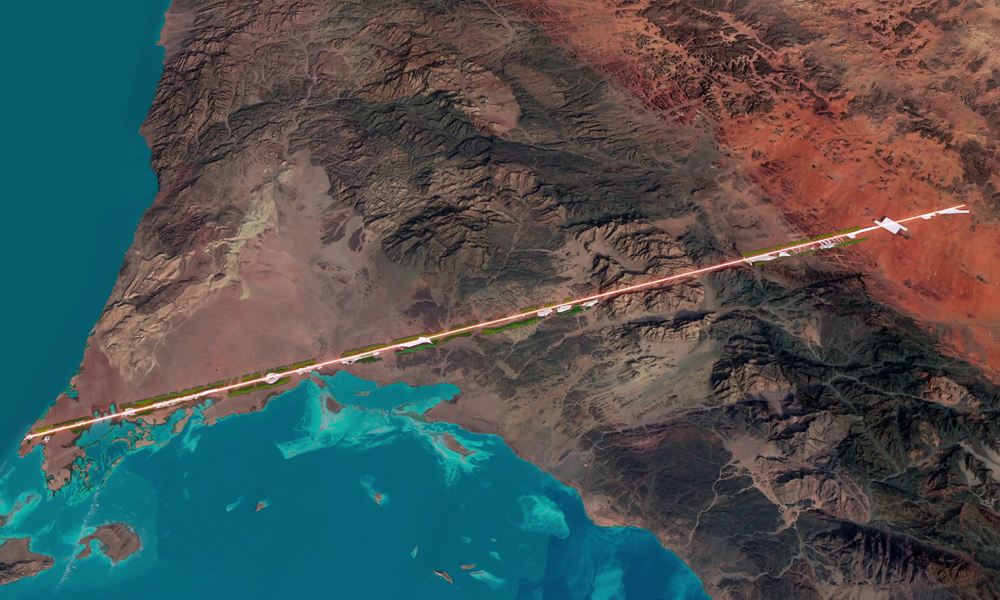
At one point in our motoring lives, we’ve probably dreamt of driving a gas-guzzling supercar in the Middle East. After all, a liter of 95-octane juice in the United Arab Emirates, for example, will set you back AED 1.80 (P23.56)—roughly half of what it would cost here. This is probably why transport infrastructure in this part of the world is built around a good portion of residents having their own vehicles. And that leads us to a frankly interesting plan by another Arab state to build a modern, high-tech city that doesn’t need cars.
It’s called Neom, and it is the brainchild of Saudi Crown Prince Mohammed bin Salman. Located in the northwestern part of Saudi Arabia bordering the Red Sea, Neom is basically a city with a series of urban development projects within its borders. According to the crown prince, this area will house the country’s future economic hub that is geared toward a sustainable way of living. To put it simply, his royal highness just wants to curb his nation’s thirst for black gold.
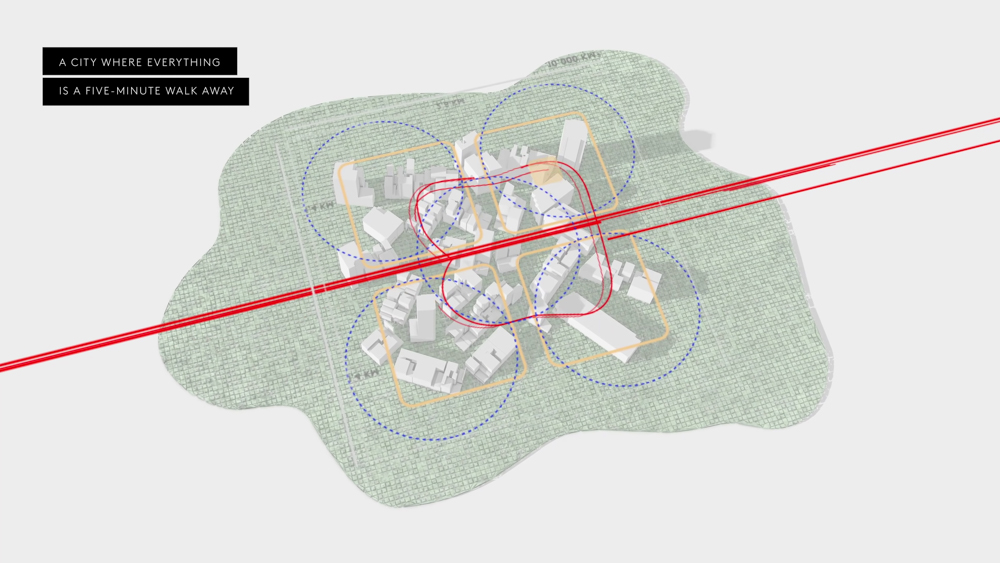
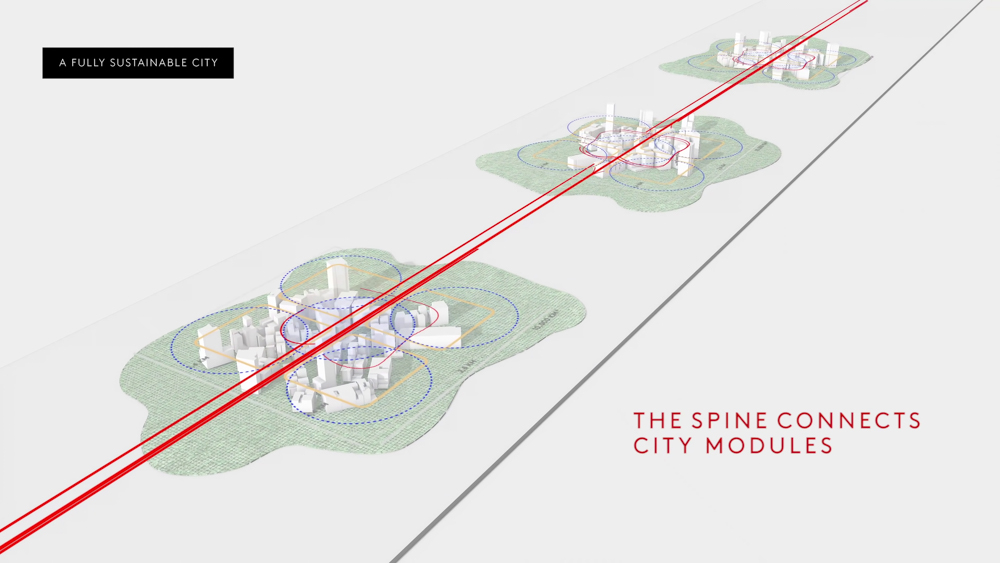
Within Neom is a belt of commercial and residential spaces called “The Line.” Stretching 170km, this, uh, line of communities is said to be powered by renewable sources of energy with residents only a five-minute walk away from open spaces like parks and gardens. Crucially, transportation within The Line will be provided by a combination of digital and physical infrastructure, therefore negating the need for personal cars.
One of the crown prince’s bold claims is that the maximum commute time within the confines of The Line will be 20 minutes. At this point, we could only guess where that would start and end, but assuming that the longest sector is indeed the entire 170km stretch, a simple calculation nets an average speed of 510km/h. Right now, the only land-based mass-transit system that has a fighting chance of reaching that is the maglev train.
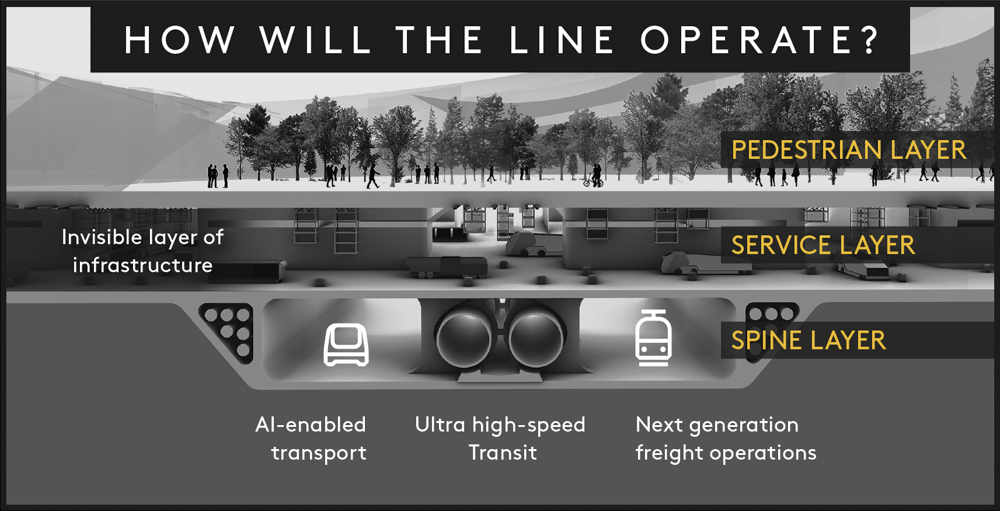
According to the diagrams available online, it appears that provisions will be made for a subterranean high-speed rail line. With the Neom project a big part in the realization of the nation’s Saudi Vision 2030 goals, construction of The Line is scheduled to begin in the first quarter of this year. This and other initiatives like it should greatly reduce the kingdom’s dependence on oil and diversify its economy.

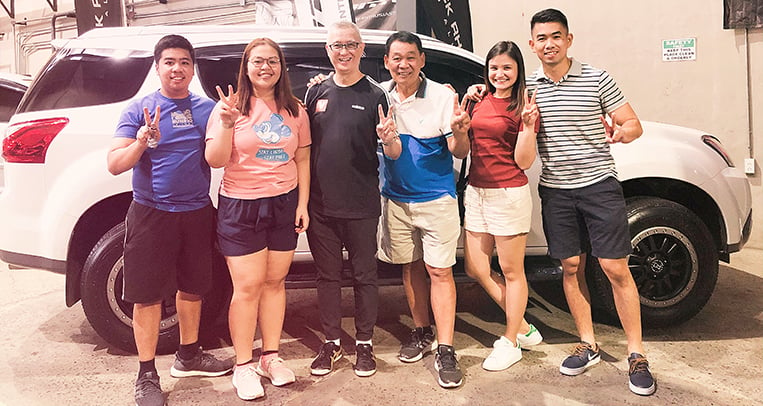
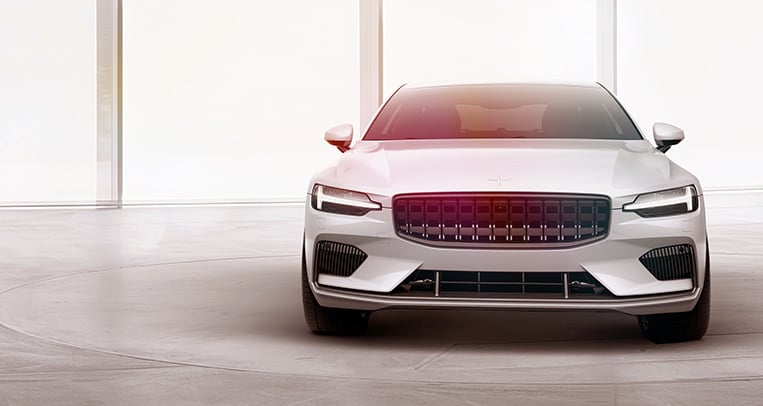
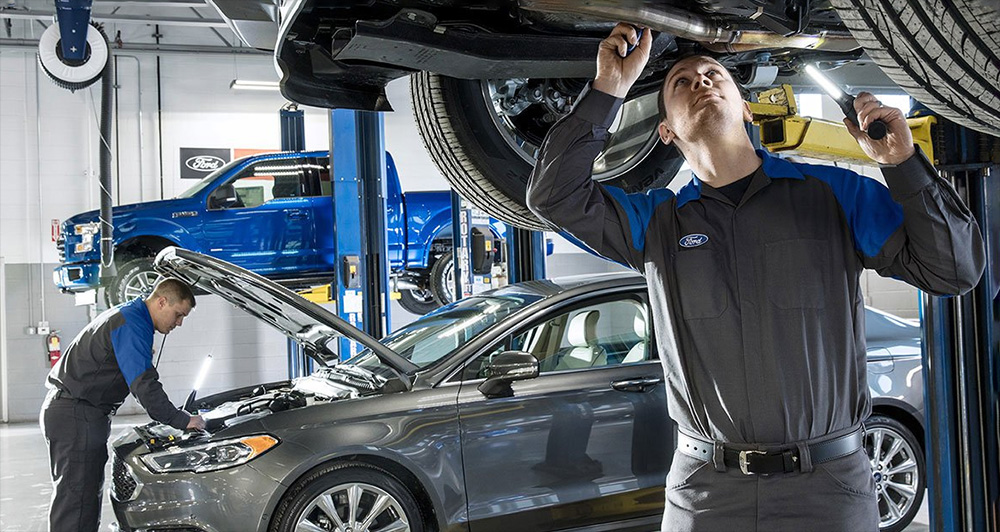
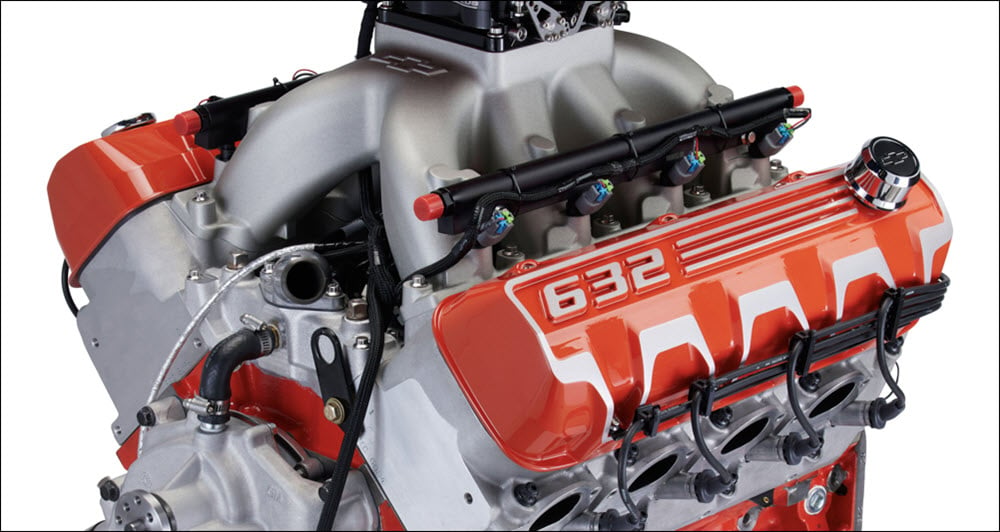
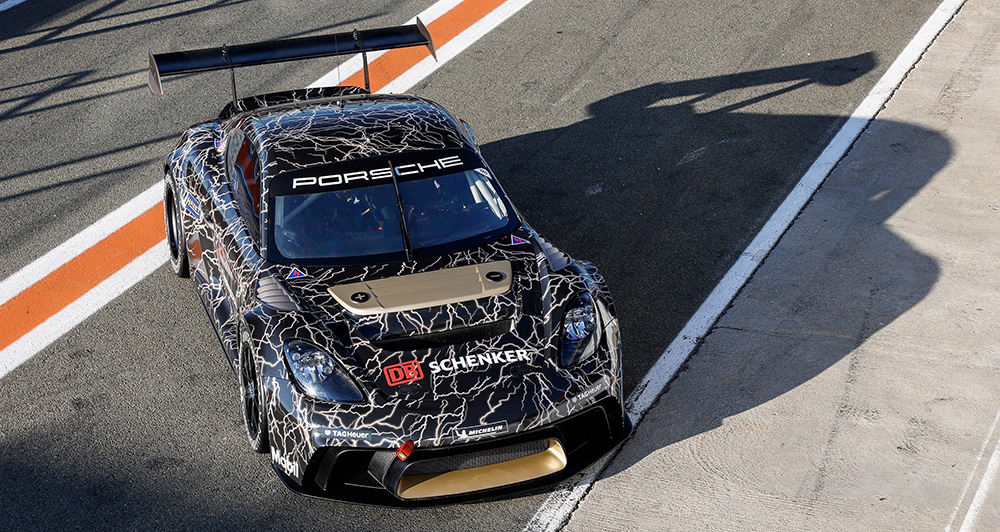

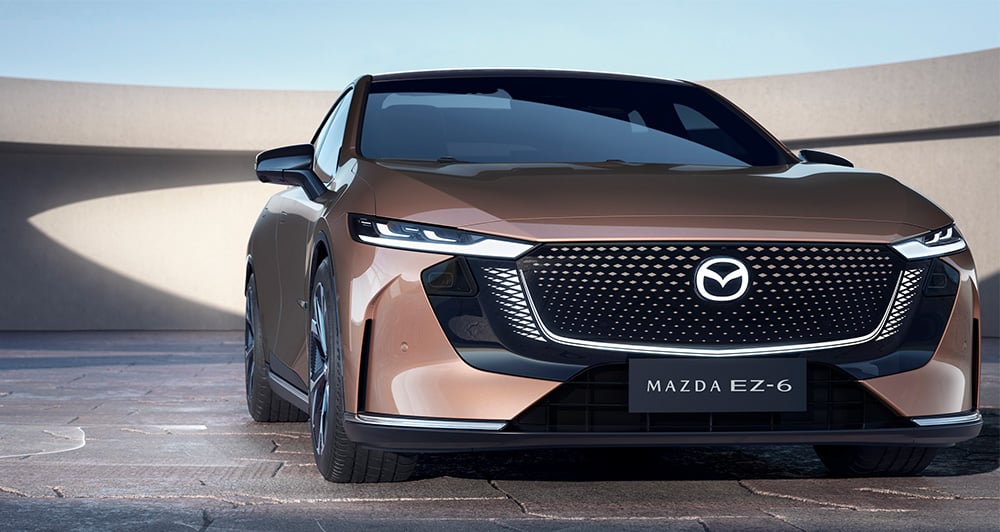
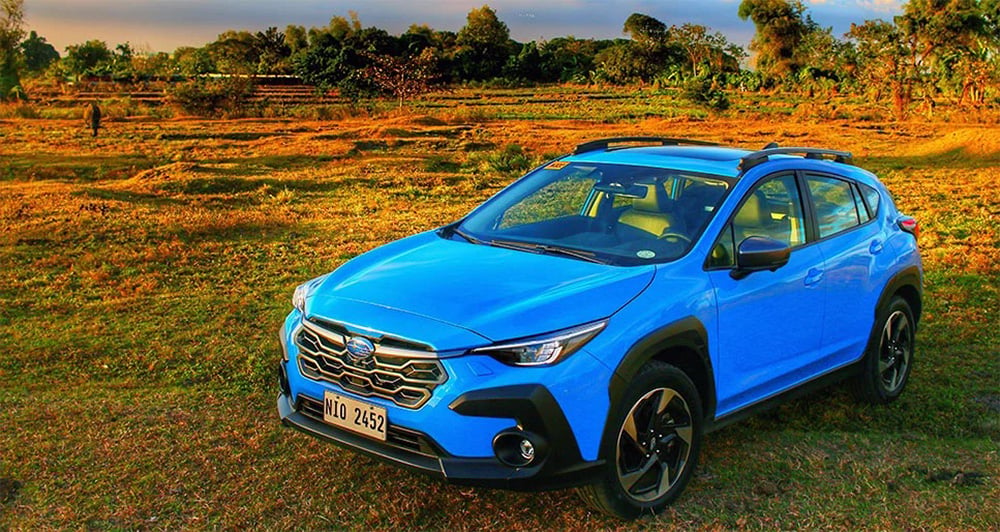

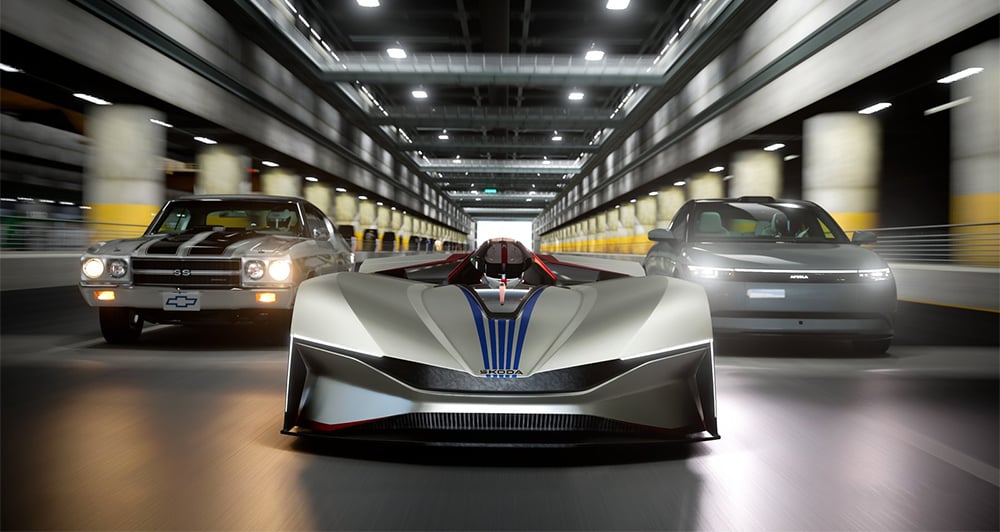
Comments